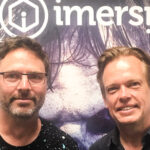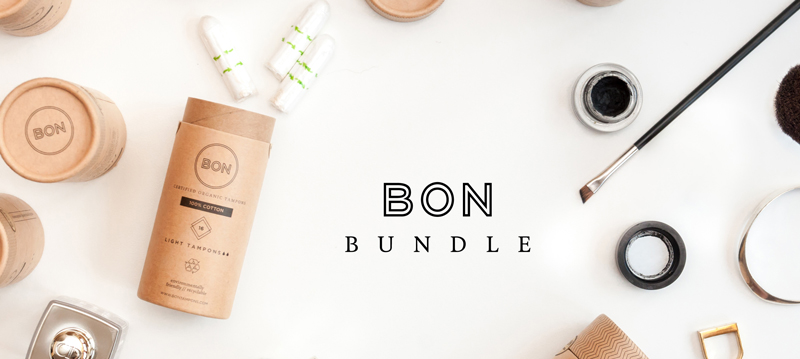The 4 types of customers: how websites can capture them
Looking to convert more leads into sales from your website? As Cornelius Boertjens explains…
Looking to convert more leads into sales from your website?
As Cornelius Boertjens explains, it’s all about categorising your target audience correctly and implemented the necessary measures to reel them in.
Making your e-commerce offering successful is easier than you think, but there are certain factors to take into account to make this happen.
Knowing your audience is the start of your success. It’s then translating this audience and their individual wants and needs onto your landing page that is key.
There are four types of buying customers. Knowing who they are and how they work can go a long way to making your landing page more effective and converting leads into sales.
By placing your target audience in the right category, you can be sure that visits will translate into action. So let’s talk about those four categories.
#1 The competitive customer
Customers who fall under the competitive category live their lives according to high standards. They not only impose these standards on themselves, but also on other people. For that very reason, your landing page must meet the high standards that this competitive customer has come to expect, otherwise they will not take the time to look at your products and/or services.
The competitive customer will ask two main questions when visiting a landing page: “What can your company do for me?” and “Why are you better than other services?”
They see your product or service as something that can help them reach their next goal, so it should be presented as such.
If you have some successful and famous clients, be sure to mention them on your landing page. This will definitely convince competitive customers who always want to better themselves. Competitive customers like to engage with big players, so you must appear to be one in order to keep these customers.
#2 The spontaneous customer
A spontaneous customer is quite adventurous, impulsive, and susceptible to so-called ‘impulse buying’. They do not like making decisions and so love quick shopping. Knowing this can definitely play to your advantage and translate into a huge amount of sales.
The two questions this type of customer will ask are: “What can you do for me at the moment?” and “How can this give me more enjoyment in life?”
When speaking to a spontaneous customer, it’s best to use guarantees. A good example of an effective one is the money-back guarantee, which shows the spontaneous customer that they are safe if they don’t like your product or service once they buy it. You can also use special and timed offers, since spontaneous customers will be more inclined to buy or use a service if it is available at a special price and for a short period of time.
In short, the landing page for the spontaneous customer should be simple and offer something they cannot resist. They will then take immediate action.
#3 The methodical customer
When dealing with a methodical customer you’re dealing with a planner. They like to see things organised and structured, especially when it comes to services. This customer also does their research and will read everything on your landing page, carefully evaluating every little detail. They overthink every decision they make, but this can also play to your advantage.
Even though methodical customers overthink everything, they only need the answer to one specific question: “How can you help me to solve my problem?”
In order to speak to this customer, you will need a detailed structure of your products and/or services in order to convince them to use your company. You’ll have to promise them that you are the best in that industry, because the methodical customer will only use the best possible service on the market.
Something that’s very effective for engaging the methodical customer are testimonials. However, do not try to use fake testimonials because methodical customers will see through that trick right away. Get some testimonials from existing clients and display them on your landing page to pull methodical customers towards your business.
#4 The humanistic customer
The humanistic customer needs to see the face behind a business, because they need personality in order to feel they made the right decision. To sell your company to this particular client you’ll need to stay true and authentic.
Questions the humanistic customer will often ask are: “What people have used your company in the past?” and “How can your company help me fix my problem?”
The most effective landing page for the humanistic customer contains plenty of testimonials, written by real people. They also like to see some pictures with the testimonials, to prove that they are genuine.
Your landing page must also contain information about you and your company. Show the humanistic customer that you care about their interests or share a personal and convincing story.
Placing customers in categories
Placing your customers in a certain category will make your landing page more effective and translate into leads converting to sales. However, it’s not that easy and it requires a lot of research. To help you with determining this ask your current customers (their mindset will often reveal that of potential customers) and analyse what questions customers frequently ask you. If they fall into one of the questions above, you’re possibly on your way to determining which category your customers fall into.
Fine-tune your advertisements
It won’t matter how perfect your landing page is if your ads aren’t bringing customers to it. Your ads will pull your customers in, so they need to match the personality of the customer you’re targeting. Ensure that the title and description of the advertisement fits the humanistic, spontaneous, competitive or methodical customer. This may require some thought, but keep this consistency in your advertisements and you’ll see a huge increase in traffic and conversion.
If you have categorised your target audience correctly and implemented the necessary measures to reel them in, your landing page will convert leads into sales before you know it. Good luck!
___
Cornelius Boertjens is managing director of website conversion specialist Catchi. His team helps medium to large businesses convert website traffic into online sales and leads. Catchi has offices in both Auckland and Sydney and counts Genesis Energy, Air New Zealand, Southern Cross, Umbrellar, Ticketek and Mitre 10 among its customers. www.Catchi.digital




